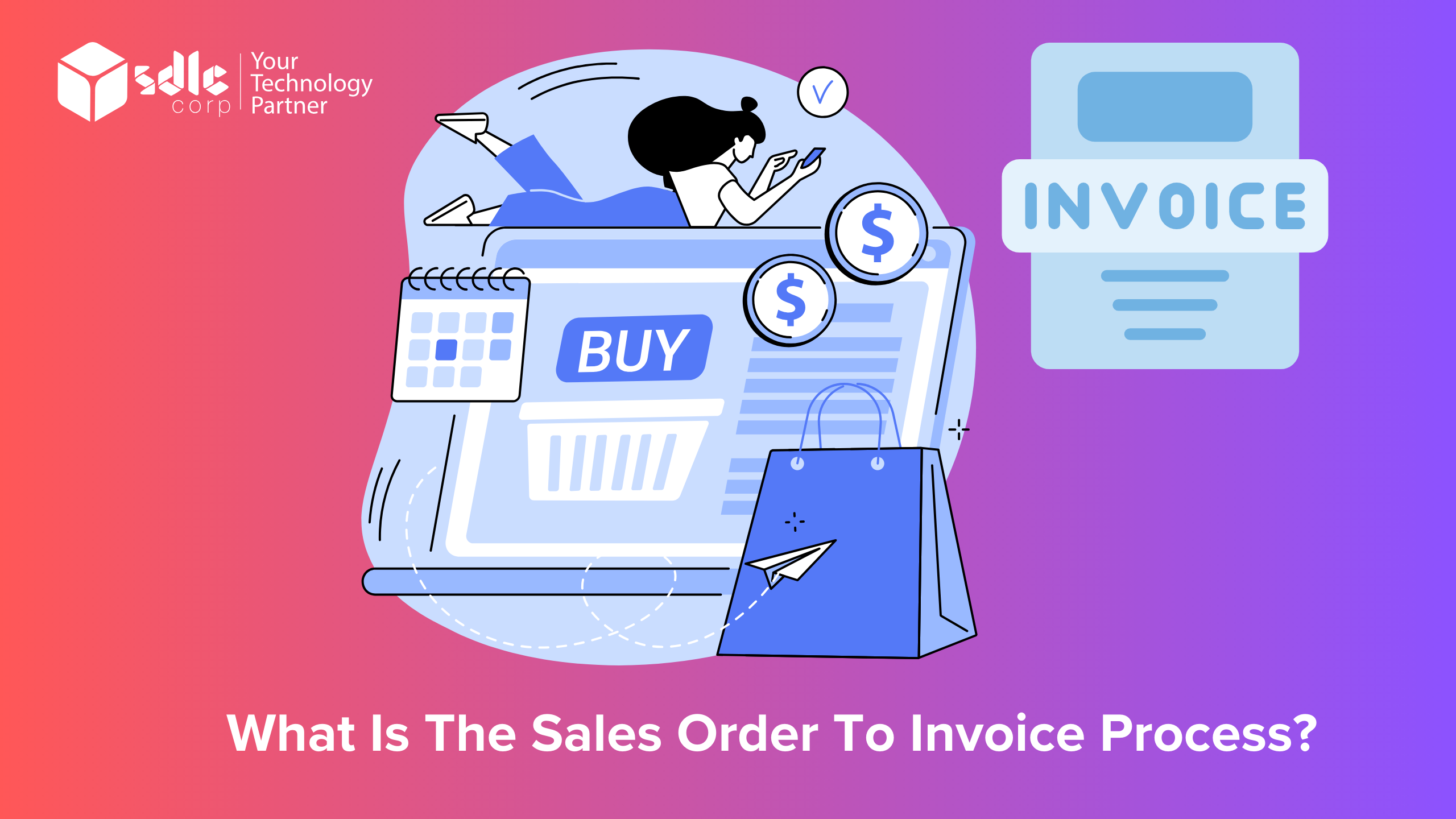what is ICO and IDO and how to participate here
Here you can explore the Difference Between ICO and IDO, highlighting their purpose, structure, and benefits.
What Is ICO?
Initial coin offerings, commonly known as ICO, are a well-known method in terms of raising funds for products as well as services.
Furthermore, a number of ICOs have submitted huge returns for investors. Moreover, ICOs are an immensely popular method to increase money in the world of crypto (Top 8 Ways To Identify A Genuine ICO Scam and Fake Cryptocurrency).
Advantages Of ICO
Some of the advantages of ICO which makes it morevaluable as well as popular, are as follows:
- ICO provides excessive possible profits. For instance, if individual purchases earlier then ICOs give tokens at discounted rates.
- ICOs are accessible to anyone.
- ICOs are fast in nature.
- ICOs are a systematic method for start-ups in order to increase funds.
Example Of ICO
The best and the most popular example of ICO is Ethereum. It is one of the most profitable smart contract platforms which contains tokens commonly referred to as Ethers. Furthermore, apart form Ethereum, there are some more examples of ICO which includes:
- Cardano
- Tezos
- Dragon Coins
How To Participate In ICO?
To participate in an ICO, an individual needs to follow just the two steps:
- Firstly, an individual should have a basic understanding of cryptocurrency wallets as well as exchanges.
- Secondly, an individual should be required to buy a digital currency.
How ICOs Are Structured?
ICOs are structured in various ways such as:
1. Fixed Price And Supply
Each token sold in the ICO has a fixed price and therefore the token total supply is also fixed.
2.Fixed Supply And Effective Price
The amount of funds collected in the ICO regulates the whole price of a token; therefore, an ICO can have a fixed supply and an effective.
3.Effective Supply And Fixed Price
A number of ICOs include an effective supply but fixed which implies that the amount of funding received regulates the supply.
Redefine value with blockchain. Let's unlock possibilities!

What Is An IDO?
An Initial DEX offering, commonly known as IDO, is a unique type of decentralized crowdfunding platform which is introducing a new way of fundraising in the crypto world. Furthermore, it lets users lock the funds in exchange for new tokens at the time of generation of tokens.
Advantages Of IDO
Here is the list of advantages of IDO:
1. Open And Fair Fundraising
With the help of the IDO fundraising approach, startups do not require a centralized exchange. Moreover, not only private investors but anyone can participate in IDO.
2.Fast Trading
Another advantage of IDO is that the tokens can be traded instantly. So, the investors can buy tokens at the time of their launching; therefore, can resell these at higher rates.
3.Instant Liquidity
The term liquidity refers to the potentiality to buy or sell easily on the market. Furthermore, the token receives access to immediate liquidity, which can help the token price.
4.Lower Costs
The fees are not high; therefore, there are zero issues while listing the tokens as there is no involvement of the central authority.

How To Participate In IDO?
Understanding IDO Concept:
- An Initial DEX Offering (IDO) is a fundraising mechanism conducted on decentralized exchanges (DEXs), where projects launch tokens directly to users.
- Unlike traditional Initial Coin Offerings (ICOs), which often occur on centralized platforms, IDOs take advantage of the decentralized nature of blockchain technology.
- In essence, an IDO democratizes access to token sales, allowing anyone with an internet connection and compatible wallet to participate, aligning with the principles of decentralization and inclusivity.
Importance of Decentralized Exchanges (DEXs):
- Decentralized exchanges (DEXs) play a pivotal role in the cryptocurrency ecosystem, offering users the ability to trade digital assets directly with one another without the need for intermediaries.
- This peer-to-peer trading model enhances security and transparency by eliminating the reliance on centralized entities.
- DEXs have gained immense popularity due to their ability to provide users with greater control over their assets and mitigate the risk of hacking or manipulation often associated with centralized exchanges.
Preparation for Participation:
- Before participating in an IDO, individuals must ensure they have a compatible cryptocurrency wallet that supports the tokens being offered. Wallets like MetaMask, Trust Wallet, and Coinbase Wallet are commonly used for this purpose.
- Additionally, investors should conduct thorough research to identify promising projects conducting IDOs. This involves analyzing project whitepapers, team backgrounds, tokenomics, and community engagement to assess the project’s potential for success.
- Monitoring announcements and updates regarding upcoming IDOs is crucial, as it allows investors to stay informed about token sale dates, participation instructions, and any other relevant details.
Research and Due Diligence:
- Conducting extensive research and due diligence is paramount before participating in an IDO.
- Investors should carefully review the project’s whitepaper to understand its objectives, use case, and tokenomics.
- Evaluating the project team’s expertise, past achievements, and credibility can provide insights into the project’s likelihood of success.
- Engaging with the project’s community through social media channels, forums, and Telegram groups can offer valuable perspectives and gauge community sentiment towards the project.
Understanding Token Allocation:
- Token allocation refers to the distribution of tokens among various stakeholders during an IDO.
- Projects conducting IDOs typically allocate a portion of their tokens for sale to the public, with the remainder reserved for team members, advisors, early backers, and ecosystem development.
- Investors should familiarize themselves with the token allocation structure to understand how tokens will be distributed and whether there are any lock-up periods or vesting schedules for allocated tokens.
- Understanding token allocation provides insights into the project’s commitment to fairness, transparency, and long-term value creation for all stakeholders.
Gas Fees and Transaction Costs:
- Gas fees are transaction fees paid to validators on the blockchain network to process and validate transactions.
- Since many IDOs take place on Ethereum-based DEXs, participants need to consider gas fees when participating in token sales.
- Gas fees can vary depending on network congestion and transaction complexity, so investors should monitor gas prices and set appropriate transaction fees to ensure timely execution of their transactions.
- Managing gas fees effectively is essential to optimizing transaction costs and maximizing the efficiency of participation in IDOs.
Participating in the IDO:
- To participate in an IDO, investors need to navigate to the designated token sale page on the decentralized exchange (DEX) hosting the offering.
- They must connect their compatible cryptocurrency wallet to the DEX platform.
- Next, investors specify the amount of cryptocurrency they wish to contribute to the IDO and confirm the transaction.
- It’s essential to adhere to any contribution limits or requirements specified by the project conducting the IDO.
- Once the transaction is confirmed, investors will receive tokens in their wallet upon the conclusion of the IDO.
Claiming and Managing Tokens:
- After successfully participating in an IDO, investors should claim or unlock their tokens as per the project’s instructions.
- Depending on the token distribution schedule, tokens may need to be manually claimed from the smart contract or DEX platform.
- Once tokens are in the investor’s wallet, they should implement security measures to safeguard their holdings, such as using hardware wallets or secure storage solutions.
- Managing tokens effectively involves staying informed about project developments, token utility, and potential opportunities for token utilization or staking.
Post-IDO Activities:
- Following the conclusion of the IDO, investors should monitor their token holdings and stay updated on project developments.
- It’s essential to remain engaged with the project’s community through social media channels, forums, and official communication channels to stay informed about updates, partnerships, and milestones.
- Additionally, investors should explore opportunities to utilize or stake their tokens, if applicable, to participate in the project’s ecosystem and potentially earn rewards.
- Keeping track of token performance, market trends, and broader industry developments can help investors make informed decisions about their holdings and investment strategies.
Continuous Learning and Adaptation:
- Participating in IDOs is a dynamic and evolving process that requires continuous learning and adaptation.
- Investors should stay informed about regulatory developments, market trends, and technological advancements in the blockchain and cryptocurrency space.
- Continuously expanding knowledge and refining investment strategies can help investors navigate the complexities of the IDO landscape and identify promising opportunities for long-term value creation.
By following these steps diligently and remaining vigilant throughout the IDO process, investors can maximize their chances of success and make informed investment decisions in the rapidly evolving decentralized finance (DeFi) ecosystem.
Difference Between ICO and IDO
ICO vs IDO
| Aspect | Initial Coin Offering (ICO) | Initial DEX Offering (IDO) |
|---|---|---|
| Definition | A fundraising method where a company issues digital tokens or coins to investors in exchange for fiat currency or other cryptocurrencies. | A fundraising method conducted on decentralized exchanges (DEXs), where projects offer tokens directly to users, typically in exchange for cryptocurrency. |
| Platform | Typically conducted on centralized platforms, such as websites, where issuers control the sale and distribution of tokens. | Conducted on decentralized platforms, specifically decentralized exchanges (DEXs), where transactions occur peer-to-peer without the need for intermediaries. |
| Access | Limited access due to centralized nature; participation often restricted to accredited investors or certain jurisdictions. | Generally open to anyone with access to a supported decentralized exchange and compatible cryptocurrency wallet, promoting broader participation and decentralization. |
| Control | Issuers have more control over the process, including pricing, allocation, and token distribution. | Less control for issuers as transactions occur directly between users on DEXs; issuers have less influence over pricing and allocation. |
| Listing | Tokens are often listed on exchanges post-ICO, subject to exchange policies and listing criteria. | Tokens are typically immediately tradable on the hosting DEX upon completion of the IDO, offering immediate liquidity to participants. |
| Regulatory Compliance | Subject to regulatory scrutiny due to centralization and potential securities implications; compliance requirements vary by jurisdiction. | Compliance requirements may vary depending on the jurisdiction of the DEX; however, the decentralized nature may pose fewer regulatory challenges compared to ICOs. |
| Price Discovery | Pricing determined by the issuer based on factors such as demand, supply, and project valuation; often fixed or set in stages during the ICO. | Pricing determined by market dynamics on the DEX; tokens are typically sold through automated market-making mechanisms or liquidity pools, leading to more dynamic price discovery. |
| Security | Vulnerable to security risks such as hacking and fraud due to centralization and reliance on third-party platforms. | Generally considered more secure due to the decentralized nature of transactions and the elimination of intermediaries, although smart contract vulnerabilities remain a risk. |
| Liquidity | Limited liquidity initially as tokens may not be immediately tradable on exchanges post-ICO. | Immediate liquidity for participants as tokens are tradable on the hosting DEX upon completion of the IDO, allowing for immediate buying and selling. |
| Token Distribution | Issuers determine the allocation and distribution of tokens among investors, often with pre-allocated portions for founders, advisors, and early backers. | Tokens are distributed directly to participants based on their contributions during the IDO, promoting fair and transparent allocation without pre-allocated portions. |
This table outlines key differences between ICOs and IDOs, highlighting aspects such as platform, access, control, regulatory compliance, price discovery, security, liquidity, and token distribution.













